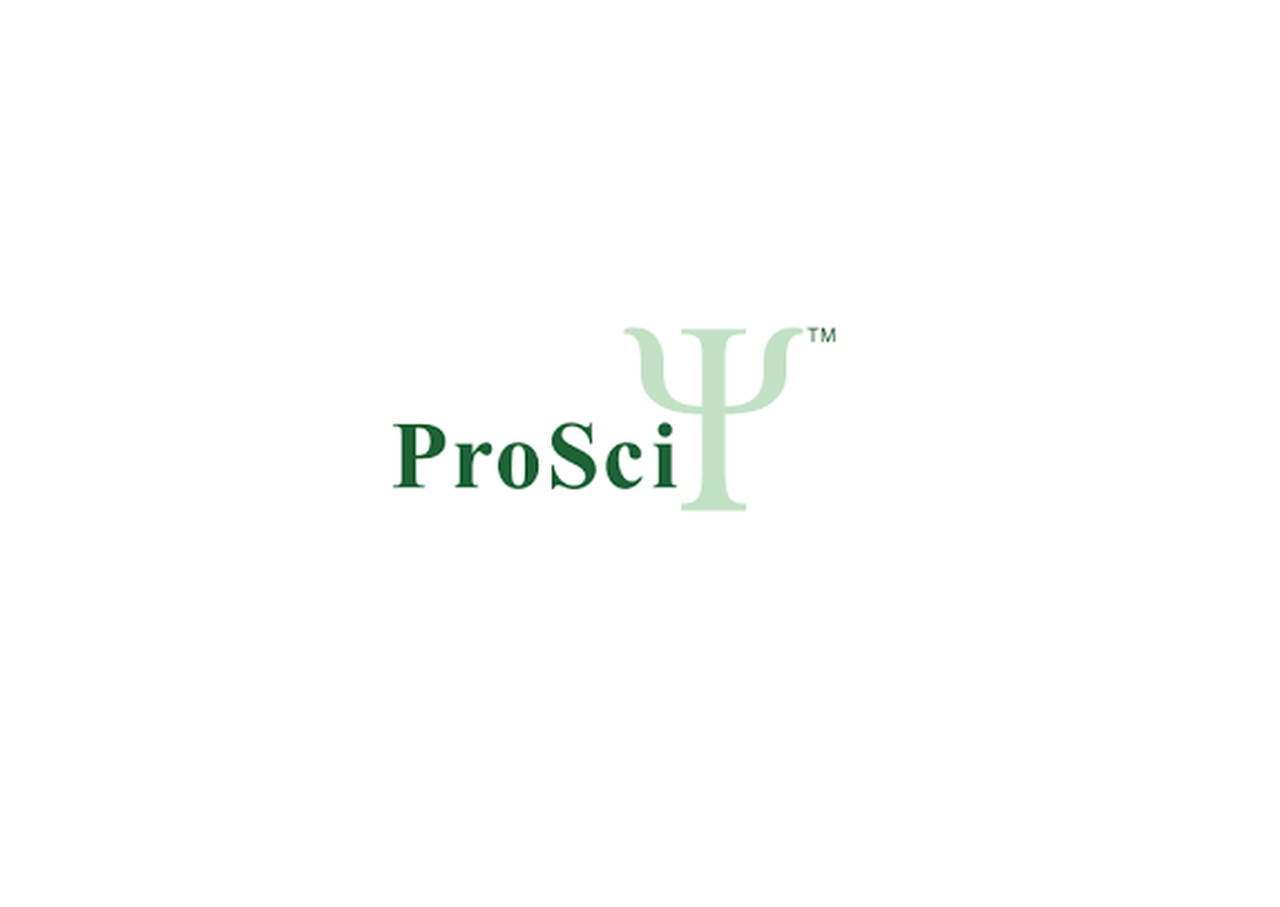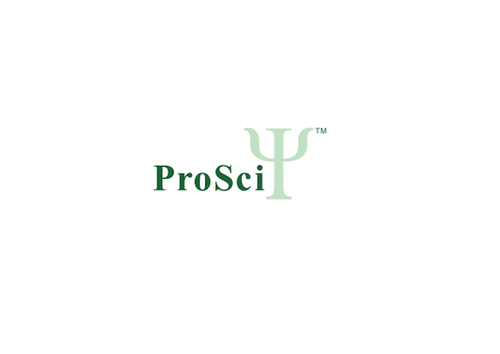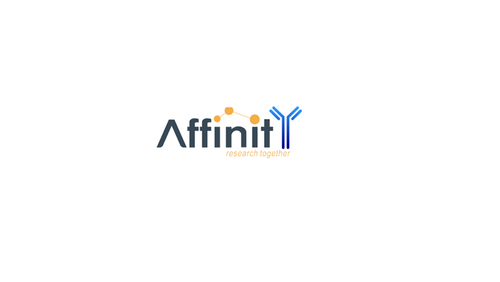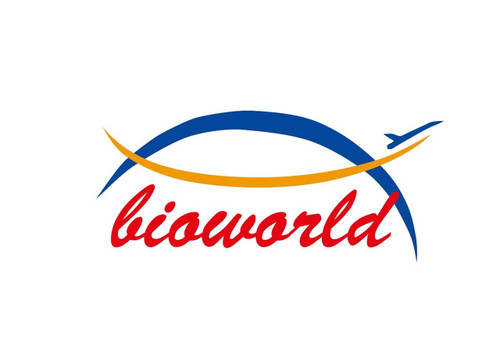Product Description
ART1 Antibody | 61-366 | ProSci
Host: Rabbit
Reactivity: Human, Mouse
Homology: N/A
Immunogen: This ART1 antibody is generated from rabbits immunized with a KLH conjugated synthetic peptide between 14-43 amino acids from the N-terminal region of human ART1.
Research Area: Other
Tested Application: WB
Application: For WB starting dilution is: 1:1000
Specificiy: N/A
Positive Control 1: N/A
Positive Control 2: N/A
Positive Control 3: N/A
Positive Control 4: N/A
Positive Control 5: N/A
Positive Control 6: N/A
Molecular Weight: 36 kDa
Validation: N/A
Isoform: N/A
Purification: This antibody is prepared by Saturated Ammonium Sulfate (SAS) precipitation followed by dialysis
Clonality: Polyclonal
Clone: N/A
Isotype: Rabbit Ig
Conjugate: Unconjugated
Physical State: Liquid
Buffer: Supplied in PBS with 0.09% (W/V) sodium azide.
Concentration: batch dependent
Storage Condition: Store at 4˚C for three months and -20˚C, stable for up to one year. As with all antibodies care should be taken to avoid repeated freeze thaw cycles. Antibodies should not be exposed to prolonged high temperatures.
Alternate Name: GPI-linked NAD (P) (+) --arginine ADP-ribosyltransferase 1, ADP-ribosyltransferase C2 and C3 toxin-like 1, ARTC1, Mono (ADP-ribosyl) transferase 1, CD296, ART1
User Note: Optimal dilutions for each application to be determined by the researcher.
BACKGROUND: ADP-ribosyltransferase catalyzes the ADP-ribosylation of arginine residues in proteins. Mono-ADP-ribosylation is a posttranslational modification of proteins that is interfered with by a variety of bacterial toxins including cholera, pertussis, and heat-labile enterotoxins of E. coli. The amino acid sequence of ART1 consists of predominantly hydrophobic N- and C-terminal regions, which is characteristic of glycosylphosphatidylinositol (GPI) -anchored proteins.
 Euro
Euro
 USD
USD
 British Pound
British Pound
 NULL
NULL










![ART1 Antibody (Center) [APR31958G] ART1 Antibody (Center) [APR31958G]](https://cdn11.bigcommerce.com/s-452hpg8iuh/images/stencil/500x659/products/872203/1164270/logo__92149.1659788186__05907.1659868376.png?c=2)